The “sous-chef” experience
I’ve been reading a lot about music arranging lately, mostly to see how the big players in the music industry approach it. It’s not that I love how things are made in that scene, but more because I want to see what I can take in and transpose to what I do. There are major differences to what the underground music producer will do in an arrangement.
- Majors work with a team. You can’t make it on that level without a full team looking into making sure that each step is taken care of. This implies song writing, project management, recording, editing, arrangements, and mixing. Nothing will be done half-way.
- They want the best in every sphere. To make great things, you need the best. Therefore, they will rent the best studios, hire the best musicians, and make sure that every player involved has a strong list of credentials.
- Nothing is made quickly. Sometimes things go fast but they won’t take things in an easy way.
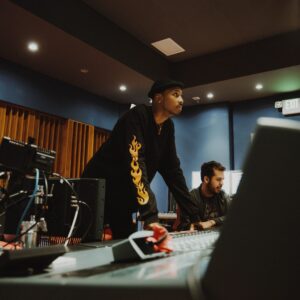
(Photo by frankie cordoba on Unsplash)
The average release on Beatport is a one-man band, but more than often not if equipped properly, will still get some attention. The main difference is the song’s longevity. Most underground songs won’t have a long life, and might not get many plays and if it sounds like a lot of music out there (eg. it’s a tendency that people will imitate the top 10 to be part of it), chances are that in 1-2 years, it will be forgotten.
Where I think we can learn from the majors is about team work. The main issue with this is, most semi-pro musicians or aspiring ones have to put some life priorities first. We started a community project with my Facebook group that is called Cosmic Relay, where we would work as a team to make songs. We did a first EP that made it to the top 3 on Beatport (Minimal) without trying to copy anyone. The potential is there indeed, but on the second batch of songs, we struggled to rally everyone to make things move with a good flow.
I’ve been experimenting a second approach, which is inspired by how restaurants work. I’d be the “chef” and I’d be working with one or multiple “sous-chefs.” One of my strengths, available as a service through my Track Finalization product, is to make arrangements and finish music. Finding the elements to start often takes me ages to create, mostly because I work primary with randomly generated music (ex. from little jams, tool/demo exploration or simply using randomization on plugins). While this generates a lot of original content, it also requires me to go through a lot of recording to find the little gems in there.
Working with a “sous-chef” is most probably the best thing for my workflow. I send them on a quest to gather material based on my suggestions and then I’ll compose with what I have. Facing some limitations bring a flow of high creativity in me. I usually find ways to find how to use the elements to create a timeline and then something that gets me excited. Usually the direction of the project is decided by the people I work with. We agree on a reference and decide where to go with it.
I’m not sure if you have watched Chef’s Table on Netflix, but for me it’s been a source of inspiration. I see parallels between the chefs starting a restaurant and musicians opening their studio.
One thing all music producers all have in mind is to remain playful, open and to reinvent themselves.
So back to our project: if we continue to take inspiration from the majors, asking for help for the parts where you feel either slow or less solid, is a great way to complement another artist. Collaborations are the best way to do things you could never do alone, every time, for the best.
“Yeah but I want to learn how to do everything by myself!” I hear you say. Then be ready to be a jack of all trade, which is a master of nothing. That’s not a bad thing, but then you might never shine at what you’re supposed to be great at, simply because you’re spreading your precious time on different tasks that others could do better. The thing is, you’ll get better at everything if you also work with other people who are better than you at what they do.
I’m a good example of that. It took me a long time to get better at mixing and I’m still learning. Same for sound design. But talking with other people was more fruitful than spending time on Youtube. Using and buying quality samples have also been incredibly useful in the process. As well as getting quality tutorials.
For best collaboration tools, here’s my favorites:
- Splice for getting samples and sharing projects.
- Native Instruments Sounds.com for more samples.
- ADSR for presets and tutorials. A fast way to have your basis and kick start quickly any project.
- Dropbox for sharing anything and everything.
- Reaktor’s community for getting new patches ideas.
- Our Facebook community to meet new people in the same mentality as me. We have a label that we then release the music on.
SEE ALSO : Tips on how to pick your EQs and use them (Pt. I)

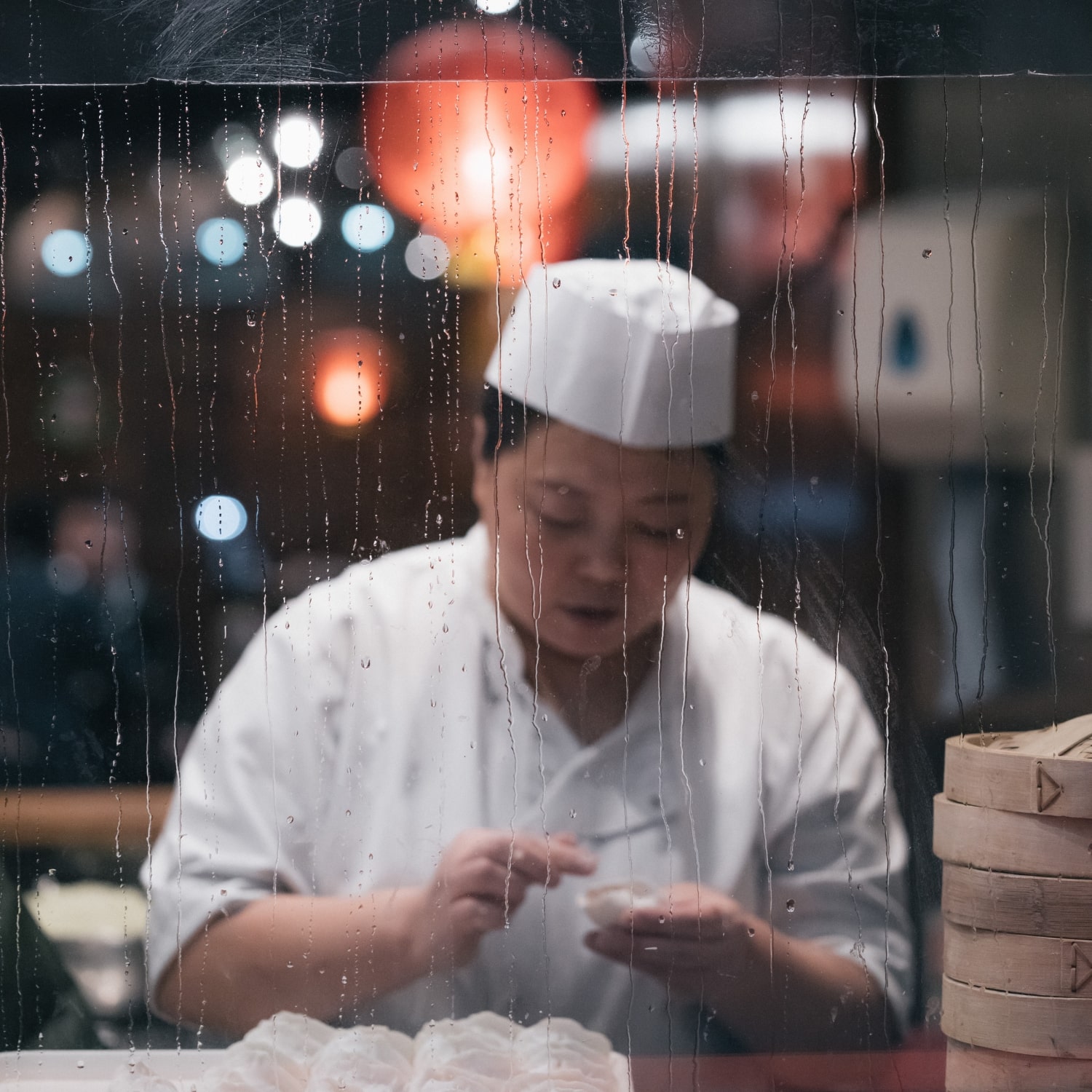


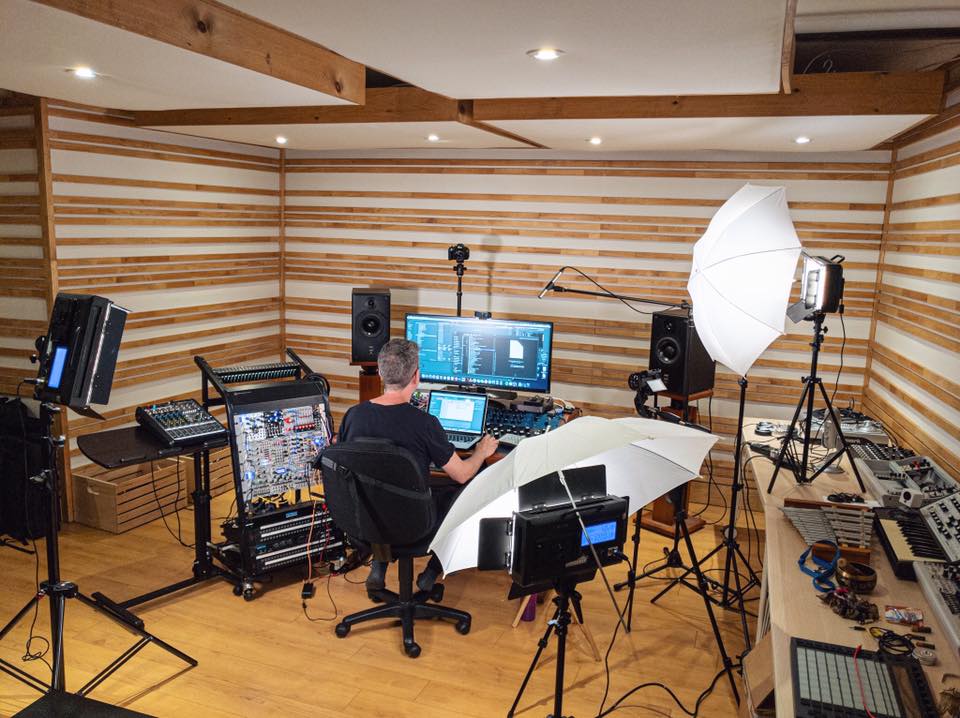
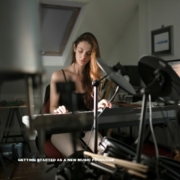
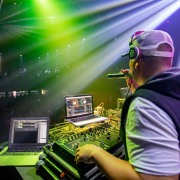
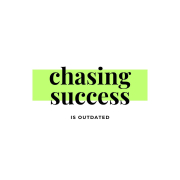

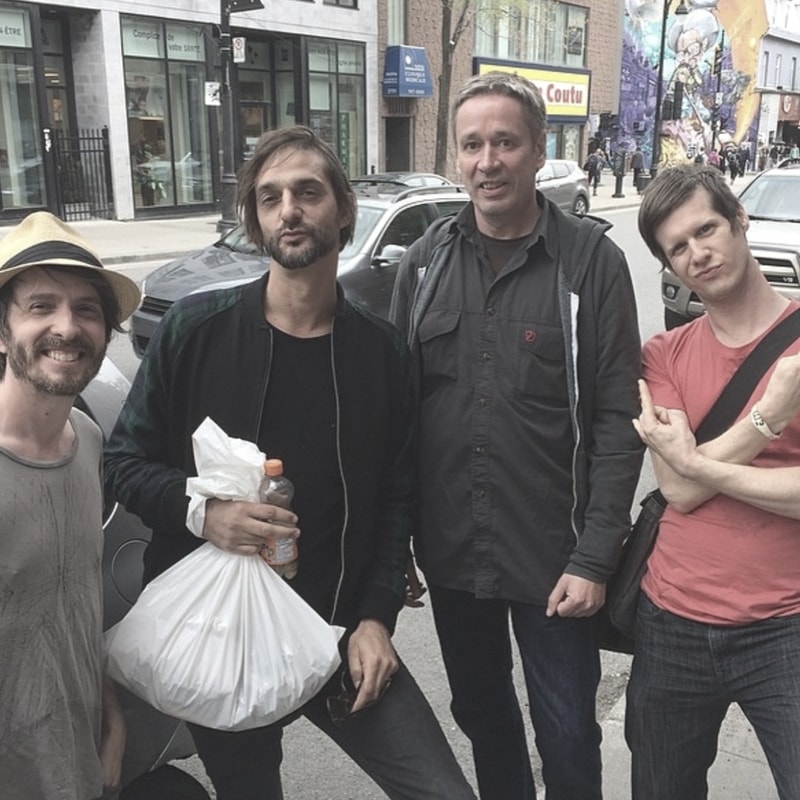
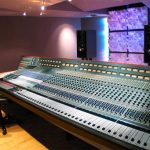
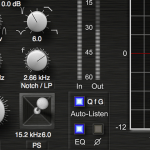
Leave a Reply
Want to join the discussion?Feel free to contribute!